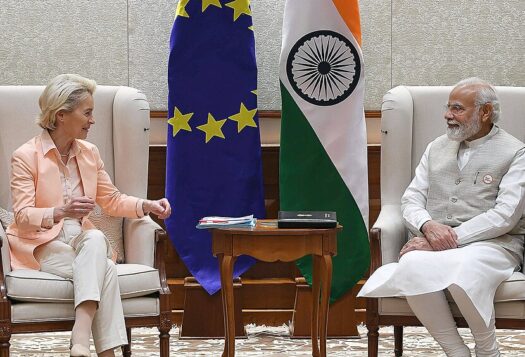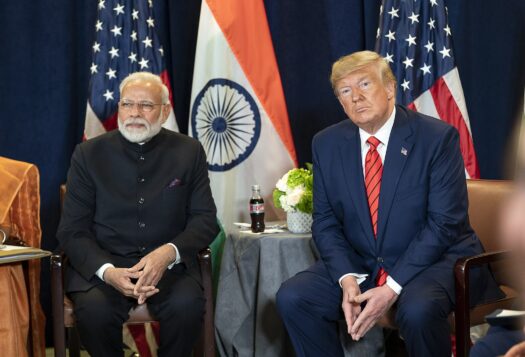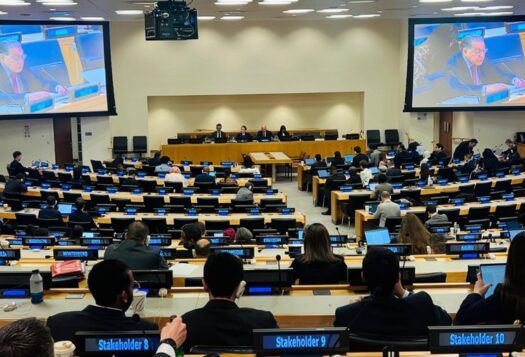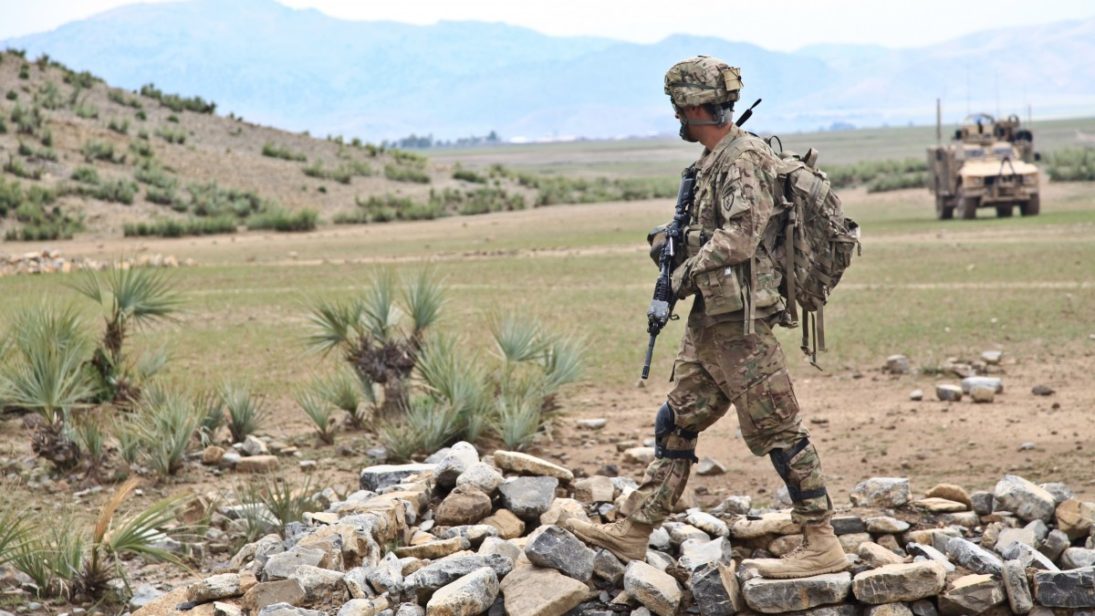
The February U.S.-Taliban agreement paved the way for an ending to America’s “endless wars” and the withdrawal of American troops from Afghanistan. The two-decade war, which cost the United States nearly 2,500 American lives and more than two trillion dollars, with arguably limited success, is considered the longest military engagement in U.S. history. Although some have argued that the United States should “deal with its own problems and let others deal with theirs the best they can,” the burning question for analysts is what policy the new U.S. administration should pursue after the November election with respect to South Asia and Afghanistan in particular. President Trump intends to keep his 2017 South Asia strategy of amity towards India and maximum pressure against Iran. Former Vice President Joe Biden is expected to adopt a more moderate approach towards the region with a greater emphasis on diplomacy, perhaps even a revival of the Iran deal. Both candidates seek to end military engagement in Afghanistan and bring American troops back home. In either instance, sustainable and viable future engagement must include the following: regionally, the United States must reject a unilateral policy of supporting a single regional player and embrace a multilateral, regionalist approach; in Afghanistan specifically, it should maintain a role in building Afghan institutions, supporting the Afghan economy, and committing itself to human rights objectives during and after the Doha talks.
Miscalculated US pillars policy in South Asia
Regionally, the United States must reject a unilateral policy of supporting a single regional player and embrace a multilateral, regionalist approach; in Afghanistan specifically, it should maintain a role in building Afghan institutions, supporting the Afghan economy, and committing itself to human rights objectives during and after the Doha talks.
The United States boasts several Major Non-NATO Allies in the region, has signed bilateral security agreements with Pakistan (2012) and Afghanistan (2014), and recently committed to a Strategic Partnership with India (2020). Despite these connections, over the past half-century the United States has chosen to support an “individual pillar” in the region in lieu of developing a regional grand strategy. During the Cold War, for instance, Iran was the United States’ primary regional pillar until the 1979 revolution. Subsequently, Pakistan represented the primary U.S. partner during the Afghan-Soviet war and Afghanistan amidst the war on terror. Now, the United States is shifting towards India, which means other countries in the region are susceptible to falling under China, Russia, and Iran’s collective orbit. This unilateral, pillar-based U.S. foreign policy has its roots in Richard Nixon-era containment policy and has now been repurposed to counter China’s regional influence. As part of this, the U.S. administration favors a policy of swift foreign military sales over other tools of foreign policy, including diplomacy, trade, and multilateral cooperation.
This outdated policy of shifting regional pillars risks the U.S. strategic position in the South Asia. Its great power competitor, China, has taken a more multipolar approach to the region. China has, through the Belt and Road Initiative, attempted to gain access to the Persian Gulf, by means of an Iran trade deal, and with the Arabian Sea, via the China Pakistan Economic Corridor. For China, “multipolar” implies using multiple countries to buttress its security interests.
As a result of its policies, the United States has lost its support base in many individual countries, where it now suffers from anti-American sentiment. After four decades of U.S. involvement in Afghan internal affairs—and billions of dollars in U.S. taxpayer investment—the majority of parties to the Afghan conflict harbors some resentment towards the United States. This can be attributed to U.S. policies supporting small factions of Afghan society, such as the mujahideen, corrupt Afghan elites, and now the Taliban, whose status has been upgraded almost to that of a legitimate governing actor. This approach also applies to its interactions with most other nations in South Asia and the Middle East, including Iran and Pakistan.
In supporting one pillar state—or a single faction of that state that is largely corrupt to the remainder of its citizens—the United States risks losing the hearts and minds of other nations. American foreign policymakers would benefit from rejecting temporary partnerships in favor of embracing a broader regionalist policy, sponsoring the reintegration of financial institutions, supporting new trade and businesses, economic reconstruction, and regional development. This would benefit the United States’ regional standing and the individual South Asian nations in question.
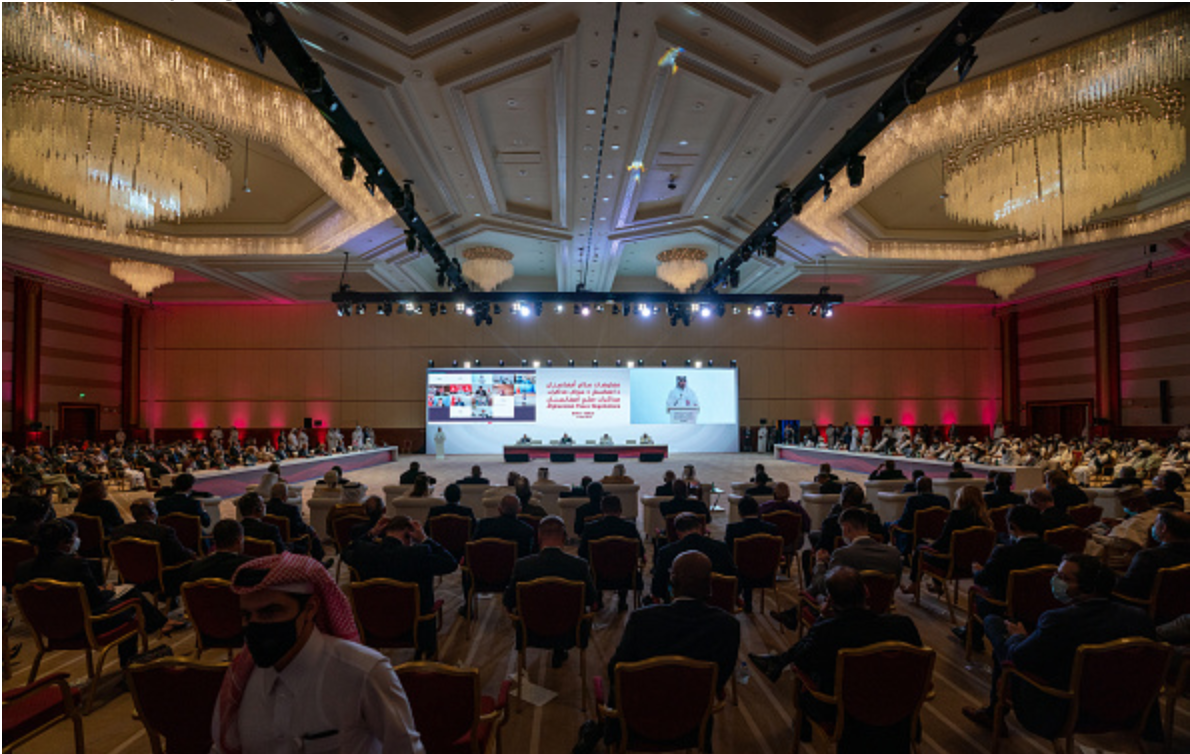
Beyond the Doha Talks: Economic Support and Human Rights
It is no secret that, the last two decades, Afghanistan’s economy was sustained mostly by international donors, and that even now, 75 percent of Afghanistan’s budget depends on foreign aid. The United States the main contributor of this aid. Now, the Afghan economy is faltering due to COVID-19 challenges and Afghan GDP growth is slowing. The World Bank Global Economic Prospects also reported a 5.5 percent economic growth rate decline for 2020 and even predicted another five percent drop off for 2021. This all portends poorly for the inchoate Afghan government in Doha as it seeks to lay shaky foundations for direct peace talks with the Taliban. Herein, Afghanistan faces another existential challenge for the upcoming months: a collapsing, donor-based economy that contributes directly to its faltering security.
Dependent on foreign aid, Afghanistan is now planning to organize—in conjunction with international partners—a new donor conference in Geneva for the end of November 2020. If the international community permits, this would constitute another cash flow for Afghanistan’s corrupt system. After the United States and NATO military withdraw, Western donors will bear little concrete responsibility for sustaining Afghanistan’s future.
Instead of extracting itself from Afghanistan wholesale, the U.S. foreign policy establishment would do well to re-invest its resources in a stronger Afghan institutional framework.
Instead of extracting itself from Afghanistan wholesale, the U.S. foreign policy establishment would do well to re-invest its resources in a stronger Afghan institutional framework. Issuing blank checks to the central government—which has proven itself corrupt, profligate, and ill-equipped to manage international aid resources—is not the right answer. With an eye to the ongoing peace talks in Doha and the upcoming donor conference in Geneva, the United States could use its political and financial influence and commit to only supporting a government that respects the human rights of all Afghans. The American taxpayer dollars must not support—neither politically nor financially—any form of government that uses violence and demands religious indoctrination to suppress ethical and religious minorities, prohibiting women’s participation in the society and undercutting freedom of expression and media.
In this respect, it would be remiss to ignore Afghanistan’s progress over the past two decades, which cannot be separated out from American involvement and a longer trajectory of Afghans fighting for political and social rights within an autocratic and ethnocentric political system. The fight of Afghan women in the male-dominated society is one such illustration of that progress. The next stage in this process is working to guarantee religious and ethnic minorities a political voice in Afghan society, overcoming systemic historical injustice. Afghanistan is a diverse, multiethnic, multireligious, and multilingual nation that should no longer be dominated by one group or identity, whether ethnic, religious, or political.
Although Afghanistan still has a long way to go before the country builds a viable, more decentralized government, an independent judiciary, and autonomous institutions that hold the state accountable, the current accomplishments must not be given away as a welcome gift to the Taliban.
Conclusion
With only a few weeks left until the November election, the COVID-19 pandemic and reviving the U.S. economy remain at the top of the agenda for both presidential candidates. Foreign policy is less of a priority, despite the United States’ historical tendency to play an active role on the global stage. A Biden administration would likely result in the pendulum swinging back towards multilateralism and diplomacy. A revival of the Iran deal, for instance, could be a game changer for a more activist, holistic U.S. South Asia policy. Regarding the Afghan negotiation process, Biden would naturally distance himself from the Taliban and attempt to (re)build alliances with Western European counterparts to support the nascent Afghan democracy. President Trump is expected to continue pursuing his pre-existing South Asia and Afghanistan policy, applying pressure on the Afghan government to share power with the Taliban. Underlying this, his “America first” campaign message is likely to yield limited engagement in the region. Engagement is most likely to take the form of an expansion of foreign military sales to India, distancing from Afghanistan and further economic pressure on Pakistan and Iran.
Editor’s Note: The U.S. Presidential Election, held on November 3, 2020, holds significant implications for the United States, both domestically and in how it engages with the world. In this series, SAV contributors from Afghanistan, India, and Pakistan discuss how the election outcome may affect U.S. relations with their respective countries. Read the full series here.
***
Click here to read this article in Urdu.
Image 1: Pxhere
Image 2: Anadolu Agency via Getty Images
